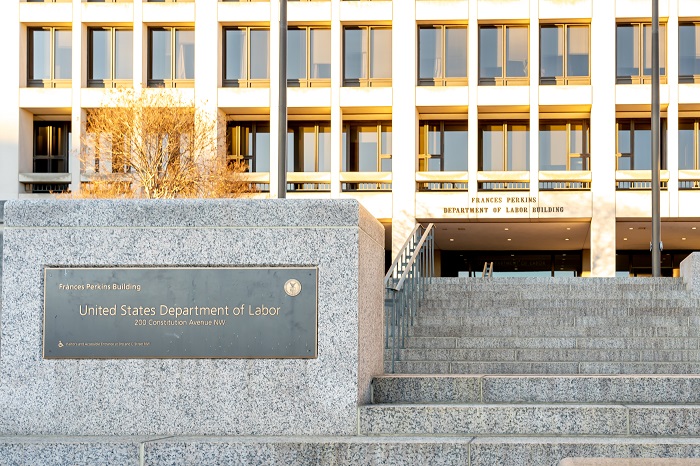Unlock the Editor’s Digest for free
Roula Khalaf, Editor of the FT, selects her favourite stories in this weekly newsletter.
Gina Rinehart has lifted her stake in Liontown Resources, as Australia’s richest person seeks to muscle in on a proposed takeover of a lithium mine developer by Albemarle, the world’s largest producer of the battery metal.
Rinehart’s Hancock Prospecting raised its shareholding to 18.36 per cent in Liontown, up from 16.69 per cent, as the iron ore and agriculture magnate seeks to gain exposure to the commodity used in electric car batteries, according to a stock market filing on Tuesday.
The Australian billionaire has thrown Albemarle’s $4.3bn takeover proposal for Liontown into jeopardy at a time when lithium prices have slumped almost 70 per cent this year because of rapidly growing supplies and a pullback in Chinese demand.
Albemarle would need at least 75 per cent of voting shareholders’ support for the deal to pass, making it likely that Rinehart could block the US company’s takeover proposal since many investors do not typically vote.
Rinehart rose to prominence by reviving iron ore business Hancock Prospecting, founded by her father Lang Hancock in 1955, and transforming it into Australia’s largest private company.
While it is clear that Rinehart — nicknamed the “iron lady” for her steely personality and the commodity that formed the bedrock of her fortune — is working to diversify into lithium, she has remained silent on her exact intentions.
Industry analysts have speculated that she might want to elicit a higher price from Albemarle — who said its fourth offer in September was “best and final” — partner with the global lithium leader in a joint venture, team up with somebody else or even go it alone in acquiring Liontown.
Under Australian takeover law, if Rinehart’s stake exceeds 19.9 per cent, she will be obliged to make a rival bid for Liontown, which is developing a large underground lithium deposit in Western Australia.
However, Hancock has a long history of joint ventures on virtually all of the assets that it owns, making some form of partnership the most likely outcome and Albemarle a desirable partner for its expertise in chemical processing.
Hancock said last week that it “remains open to nominating directors to Liontown’s board in the future and particularly if its Strategic Stake continues to increase towards 19.9 per cent,” suggesting that it is unlikely to opt to make a full takeover bid for now.
In Hancock’s first public statement about Liontown in September, it said that the company could contribute to the lithium company’s future direction “alongside other Liontown shareholders, including in relation to potential investment opportunities for downstream value add in Western Australia”.
The other main shareholders in Liontown are chair Tim Goyder and Albemarle, while the remainder of the publicly disclosed shareholders are passive funds that would not be involved in operating a mine.
Albemarle’s period of exclusivity with Liontown, which granted it time to decide whether to turn its non-binding proposal into a finalised offer, is set to come to an end on Wednesday.
The moves by Rinehart come after Chris Ellison, managing director of mining group Mineral Resources and a collaborator with the Australian mining mogul on previous deals, restructured a joint venture with Albemarle.
As part of the revised deal, Ellison is pulling back from investing in Chinese lithium refineries to try to build his own lithium processing plant, ideally in Australia, he said on a company earnings call.
Credit: Source link











